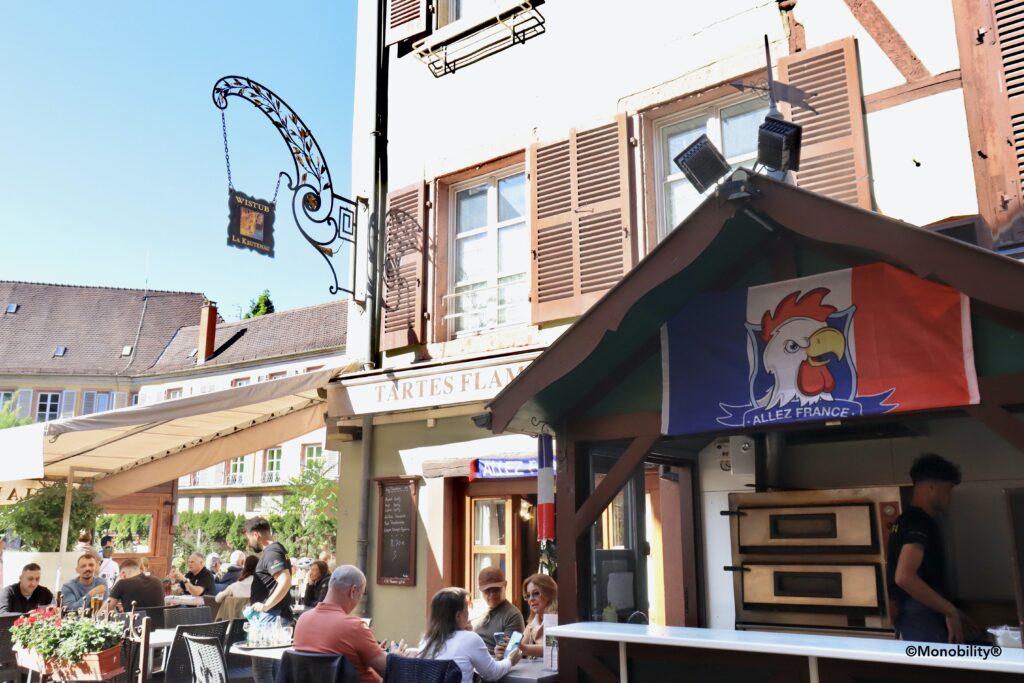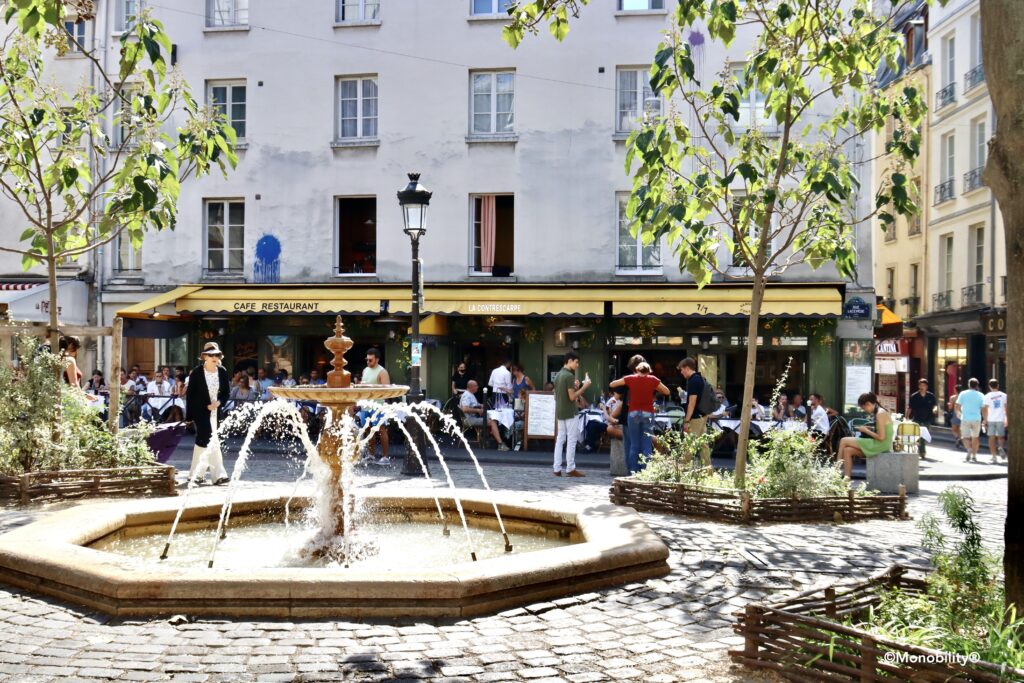When I was little, I was taught that Koreans were well known for their love and pride for 한글 and the Korean language. Alas, that doesn’t seem to be true anymore. Today’s young “professional” writers, journalists, translators, and others don’t seem to care about choosing Korean words over foreign words. Moreover, their version of those borrowed words in English, French, etc. (some of your own languages) is not even correct. For example, please look at the very title of the article below, which otherwise brings very good news about the rising popularity of fine-dining Korean restaurants in NYC.
https://www.chosun.com/international/international_general/2023/09/27/UJCQOPGRPNGLXN23Q5C5VS33RQ/
Do any of you understand what the title means? As a Korean native speaker, even I had to figure out what “핫플” meant and had to verify my guess by googling it:
핫플: a popular restaurant, café, etc. where people hang out [abbreviation of so-called “hot place”, which is evidently Konglish (Korean-style English)] => English native speakers would never say this way. No well-educated Koreans would use this kind of word, either. This kind of childish, unoriginal, high-schooler Konglish jargon must be replaced with perfectly fine original Korean words such as “명소” or “뜨는 곳”.
These Korean writers and journalists must have been educated in universities, often majoring in the Korean language and literature. Unfortunately, these people seem to opt for popularity by actively using high school students’ buzzwords over fine Korean vocabulary, without caring about the Korean language nowadays. Korea has 국립국어원 (National Institute of Korean Language) which should protect and preserve the Korean language against incorrect usage of foreign vocabulary. What do they do for that goal, these days? I don’t see anything coming from them.
Members of our group do love the Korean language. If Koreans don’t care about their own language, the only people who will save the language from degeneration and extinction would be YOU, the Korean language lovers. I have one thing to ask of you. Please correct your Korean friends, chat buddies, and colleagues if and when they use awkward foreign words or weird slang instead of original well-known Korean words that you learned properly. Please DO NOT blindly mimic their high schooler Konglish jargon to simply get along with them. Those teenager slang words are not even understood by the majority of Koreans anyway, and therefore it’s absolutely useless for you to learn them. Please correct their Konglish, and correct their bad habit of speaking Korean badly. Please criticize them for not using proper Korean AND your language. That will save the linguistic beauty of Korean and the integrity of your own language. That is the only thing I ask of you in this group today.
“Mes enfants, c’est la dernière fois que je vous fais la classe. L’ordre est venu de Berlin de ne plus enseigner que l’allemand dans les écoles de l’Alsace et de la Lorraine… Le nouveau maître arrive demain. Aujourd’hui, c’est votre dernière leçon de français. Je vous prie d’être bien attentifs.”
Alphonse Daudet (1840 – 1897), Contes du lundi, “La Dernière classe”, dit par M. Hamel, ligne 50
“Children, this is the last time I will teach the class. Orders from Berlin require that only German be taught in the schools of Alsace and Lorraine … the new teacher arrives tomorrow. Today is your last French lesson. I ask for your best attention.”
“Mes amis, dit-il, mes amis, je… je… » Mais quelque chose l’étouffait. Il ne pouvait pas achever sa phrase. Alors il se tourna vers le tableau, prit un morceau de craie et, en appuyant de toutes ses forces, il écrivit aussi gros qu’il put :« Vive la France ! »”
Alphonse Daudet (1840 – 1897), Contes du lundi, “La Dernière classe”, ligne 137
“My friends, my, I … I…”, he said, but something choked him. He couldn’t say it. He turned to the board, took a piece of chalk and, using all of his strength, he wrote as large as he could: “VIVE LA FRANCE!”
“한 나라가 잘 되고 못 되는 열쇠는 그 나라의 국어를 얼마나 사랑하느냐에 있다.”
주시경 (Korean linguist, 1876 – 1914)
“The key to a nation’s success is how much its people love their language.”
Join Monobility® Group for much more:



